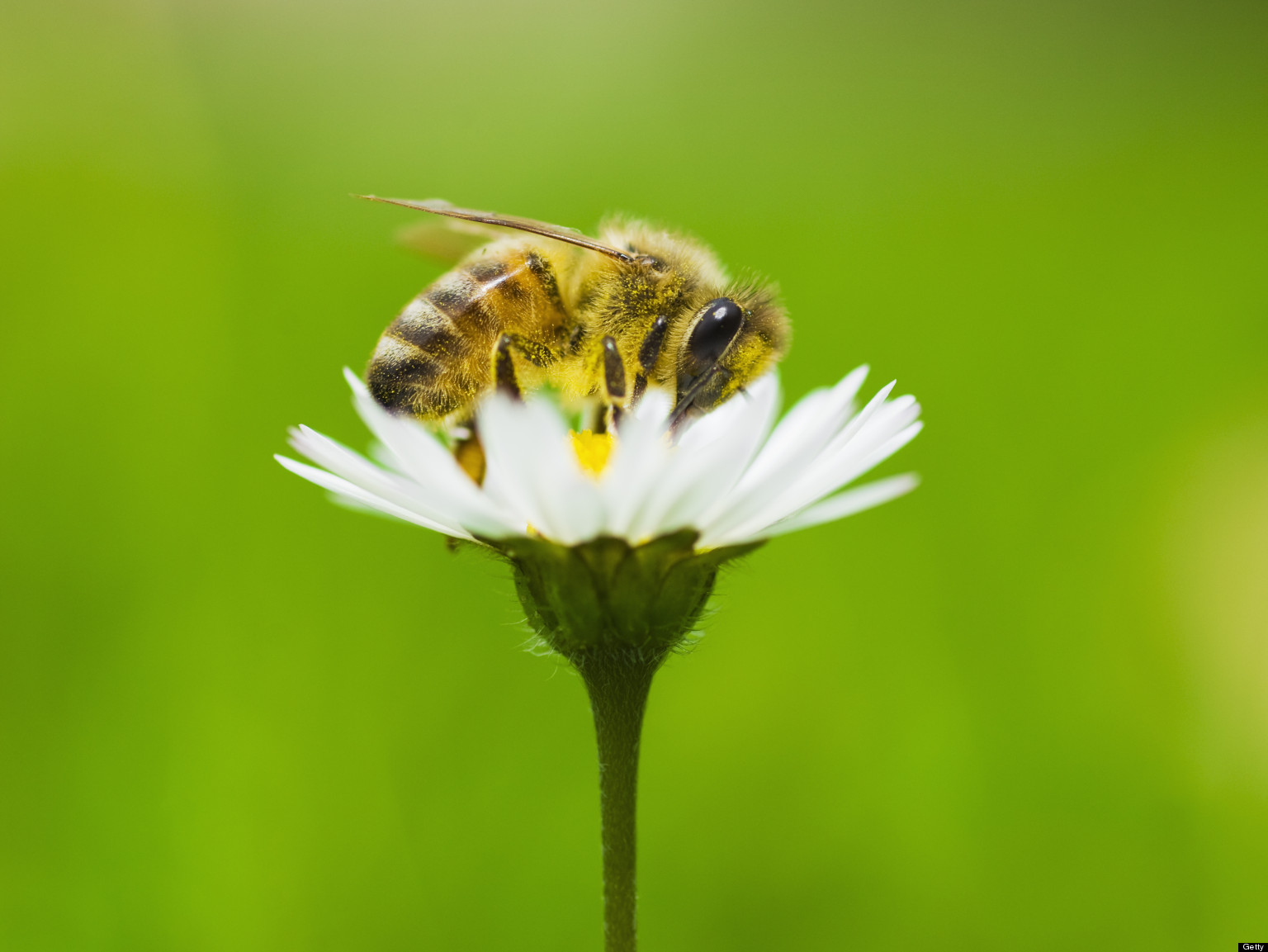- La Feria Community Holds Succesful Business Mixer Event
- Little Nashville to Take Place in Downtown Mercedes
- Lions Basketball Captures District Gold
- La Feria ISD Students Compete in Regional Chess Tournament
- Lions End First Half of 32-4A on a High Note
- La Feria ISD Held Another Successful Parent Conference
- Strong Appearance for Lions at Hidalgo Power Meet
- LFECHS Students Get to Meet Local Actress
- Students Participate in Marine Biology Camp
- Two LFECHS Students Qualify for All-State Band
Importance of Honey Bees
- Updated: March 20, 2015
 There are many animals that are important to have on a homestead. One of those is the honey bee. However, honey bees are not just important to homesteaders, they’re important to everyone who likes to eat.
There are many animals that are important to have on a homestead. One of those is the honey bee. However, honey bees are not just important to homesteaders, they’re important to everyone who likes to eat.
Honey bees are important because of pollination. Pollination works like this: plants produce flowers which need pollen from another flower of the same kind in order to complete the genetic code and produce a fruit, nut, or seed. Some plants are pollinated by the wind, and some are pollinated by animals, mostly insects. Honey bees do 80% of all Insect pollination. The other 20% is done by moths, butterflies, native bees, and other insects.
So why do honey bees do so much more pollination then other insects? It’s all in the way they pollinate. In order for pollination to work, the flower needs pollen of the same kind; it can’t use pollen from a different kind of flower. Other insects, such as butterflies and native bees, live by themselves and don’t pay attention to what flowers they visit. Because honey bees are social insects, (they live together in a hive), they will find one kind of flower, bring nectar back to the hive and tell the other honey bees about the spot. Then, the others go to pollinate the same flowers.
So, in an orchard with apple and orange trees, the honey bees will pollinate all of one kind, ether the apple or orange trees first and then pollinate the other kind. Other insects will not pay attention to which trees they’re pollinating.
Much of our food is produced with the help of honey bees. In fact, 1/3 of what we eat each day is produced with pollination by honey bees. That’s one out of every three bites we eat. Actually, most beekeepers don’t keep honey bees just for honey; they also rent their hives to farmers to pollinate their fields and orchards. Having honey bees pollinating your garden and fruit trees, even if you have other pollinators around, will often increase your fruit production.
The humble honey bees need our protection and deserve our thanks.
To learn even more and get hands-on experience, join us at Grace Heritage Ranch for our Saturday morning tours. We are located just 30 minutes northeast of Harlingen, TX near Santa Monica.
Please visit us at www.GraceHeritageRanch.com or www.Facebook.com/VisitGHR . For a recorded message, please call 1-855-447-8687. We offer both public and private tours.


